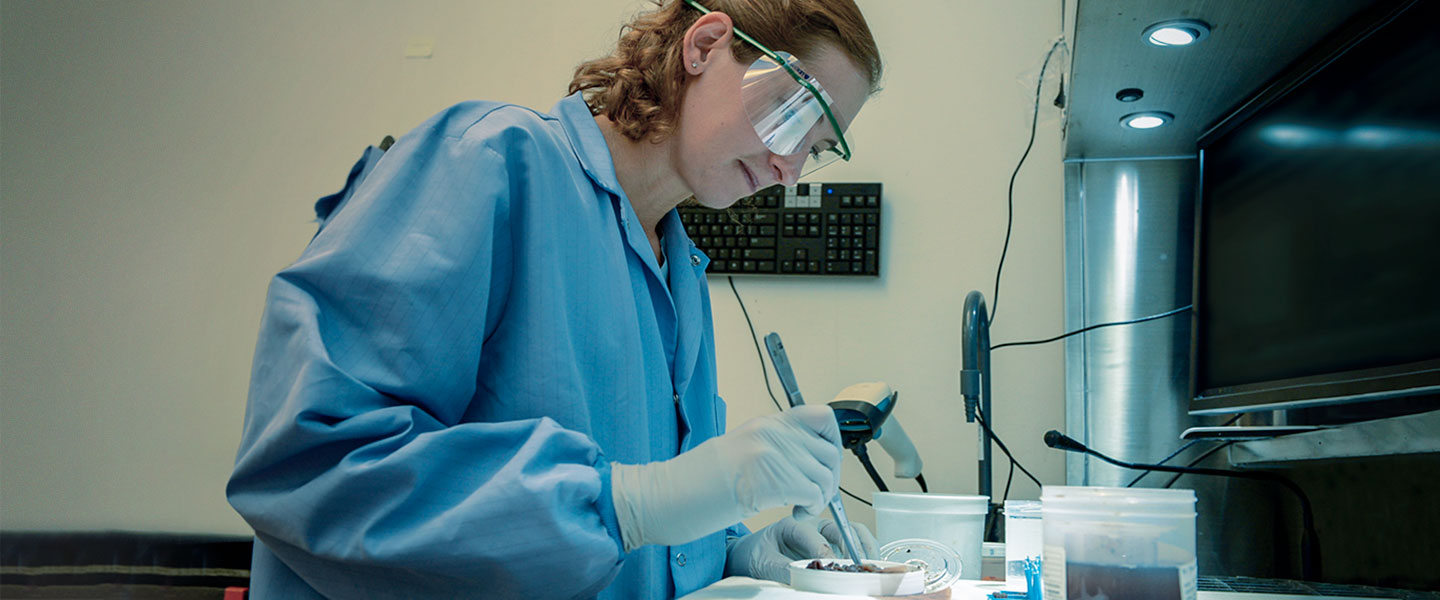I strongly agree with
@rx7diver. I am a professor and research scientist. Most semesters I teach human Anatomy & Physiology, so I talk with lots of aspiring MDs. First, you don't have to major in biology/ biochem. It is the logical pathway because it is the closest major you can get after completing the pre-reqs (e.g. basic bio, chem). If you major in something other than bio/biochem, you'll need to complete additional hours for your degree, and that's not necessarily a bad thing.
A couple of things to keep in mind with a bio/biochem degree. First, It's one of the most difficult majors in college. I see lots of bio students get burned out from the studying. Don't underestimate how difficult it can be to watch friends (in other majors) spending time socializing while you have to study. The amount of time you have to devote to studying to maintain a high gpa in a science major requires some serious dedication. You have to really love science!
Second, keep in mind that med schools see a huge number of applicants who are bio/biochem majors, and have a 3.8+ gpa. These applicants outnumber the available seats. What will set your application apart? One of these things can be research. And by research, I mean involvement with a serious research project that results in publication(s) in a peer-reviewed journal. This is not a one-semester kind of thing. In my lab, we study evolutionary biology. Students who get excited about what we do spend most of their undergrad career working in our lab. They spend 3 months doing bioacoustics and behavioral studies in Panama. Some students will do this for multiple summers, become collaborators and publish papers. This makes your application interesting!
To
@rx7diver's last point, I see tons of med school hopefuls each year. The majority decide to do something else...either they end up not having the grades, or they find something that seems more interesting.






